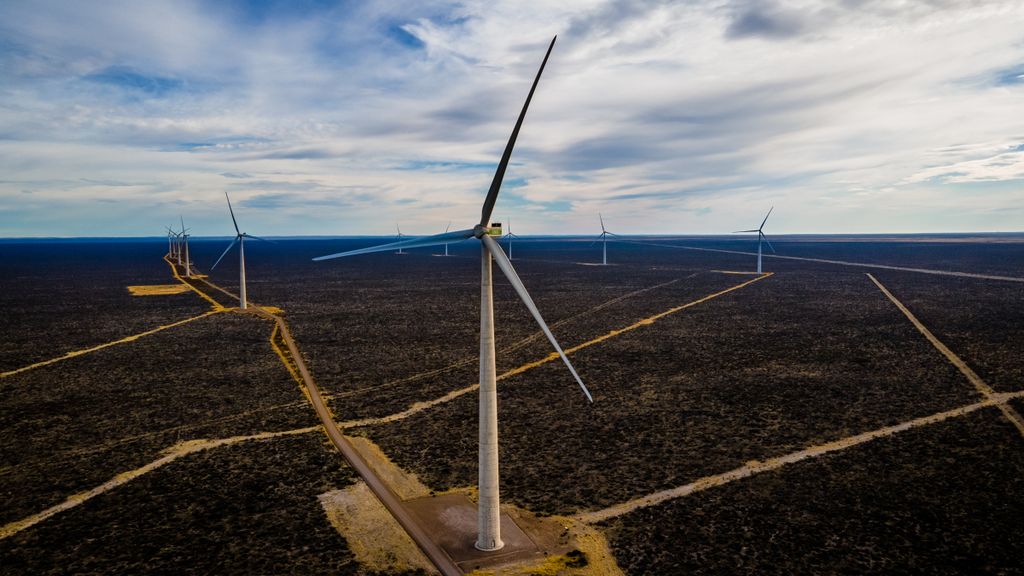About DFIs
Experts' insights
European DFIs: A Marked Shift in Efforts and a Clear Path Ahead for Climate Finance

Sustainability and Impact Investment & Steering | Climate & Environment | Energy Project Finance
Climate finance is not a new topic for the European DFIs. For years, we have been investing in activities that contribute to the world’s climate objectives, from the first wind projects in many of our countries to break-through commercial forestry investments. Yet, something is shifting for all of the DFIs and our work together. Our work is accelerating, rapidly, and the methodological rigor is increasing at an equal pace. Evidence of this can be seen in the climate finance results alone. In 2022, 33% of new investments at the EDFI level were tracked as climate finance – double the level in 2020 – just two years later.
What is driving this acceleration? For one, the climate crisis itself is catching speed and is felt on the ground by our customers. We see examples like a blueberry producer in South Africa whose crops are newly exposed to frost or a bank in Kenya which needs to start reporting on climate risk in its portfolio due to new central bank requirements. We also see that with temperatures rising and the 1.5 degree global temperature limit now within sight, that all countries, including those where we are active, are being asked to step up their efforts and raise their ambition to contribute to climate mitigation efforts.
Another driver is the EDFI Statement on Climate and Energy Finance, published in 2020. This statement clearly sets out our joint vision and workplan for the EDFIs’ contribution to a net zero future by 2050. Since publication, there has been a flurry of work. For example, several EDFI harmonization workstreams commenced, including on alignment with the Paris Agreement at both an investment and portfolio level. Other formal and informal work groups were also established to tackle issues around accounting, reporting, target-setting, EU sustainable finance regulatory requirements, and increasing investments. Many of the European DFIs are further refining their climate strategies to meet our common objectives, as FMO did in late 2022 with the publication of our Climate Action Plan.
What is ahead? One model that provides some framing is FMO’s own “Pioneer-Develop-Scale” model, which forms the basis of our Strategy 2030. There is a clear role for European DFIs to pioneer in areas where private finance is not yet being leveraged sufficiently, for example for adaptation and resilience. EDFIs will work to further develop our own capacities and those of our customers to meet new standards and requirements and to maximize our impact. We need to continue to scale what we have learned, what has worked so far, and partnerships that make a difference.
The recently published IPCC AR6 Synthesis Report confirms the need for accelerated and equitable action in mitigating and adapting to climate change impacts for sustainable development. It also confirms that finance and international cooperation are critical enablers for accelerated climate action. Working together in the EDFI Association, the EDFIs are well positioned to leverage our experience.
*The featured photo shows Genneia, which FMO supported with a USD 85 mln loan in February 27, 2023.
This essay is prepared for our 2023 Annual report.